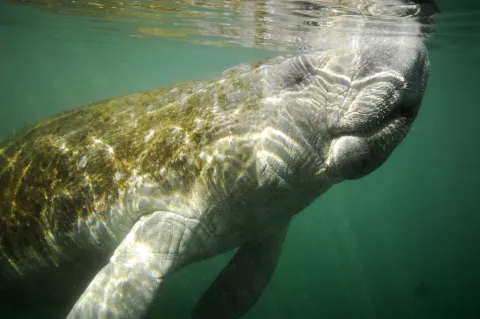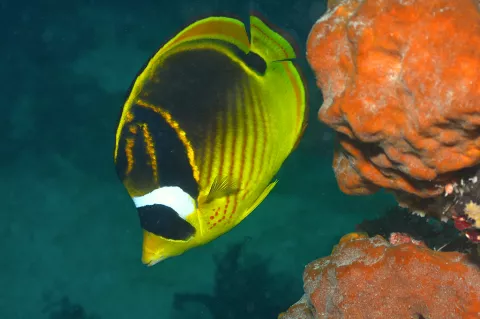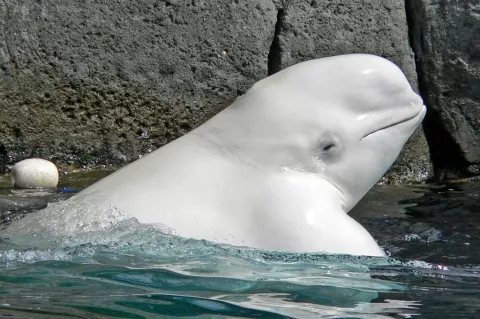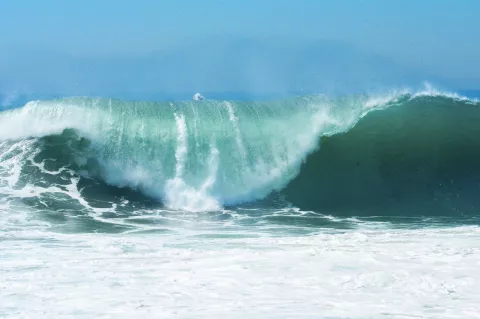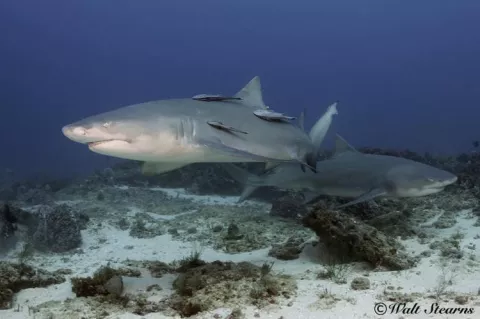Compound in nudibranchs toxic to cancer cell lines
Natural products play an invaluable role as a starting point in the drug discovery process, and plants and animals use many interesting biologically active natural products as chemical defence mechanisms against predators. Among marine organisms, many nudibranch gastropods are known to obtain toxins from what they are eating, such as sponges.
These toxins are used as chemical defences and bright colours to warn potential predators away,







